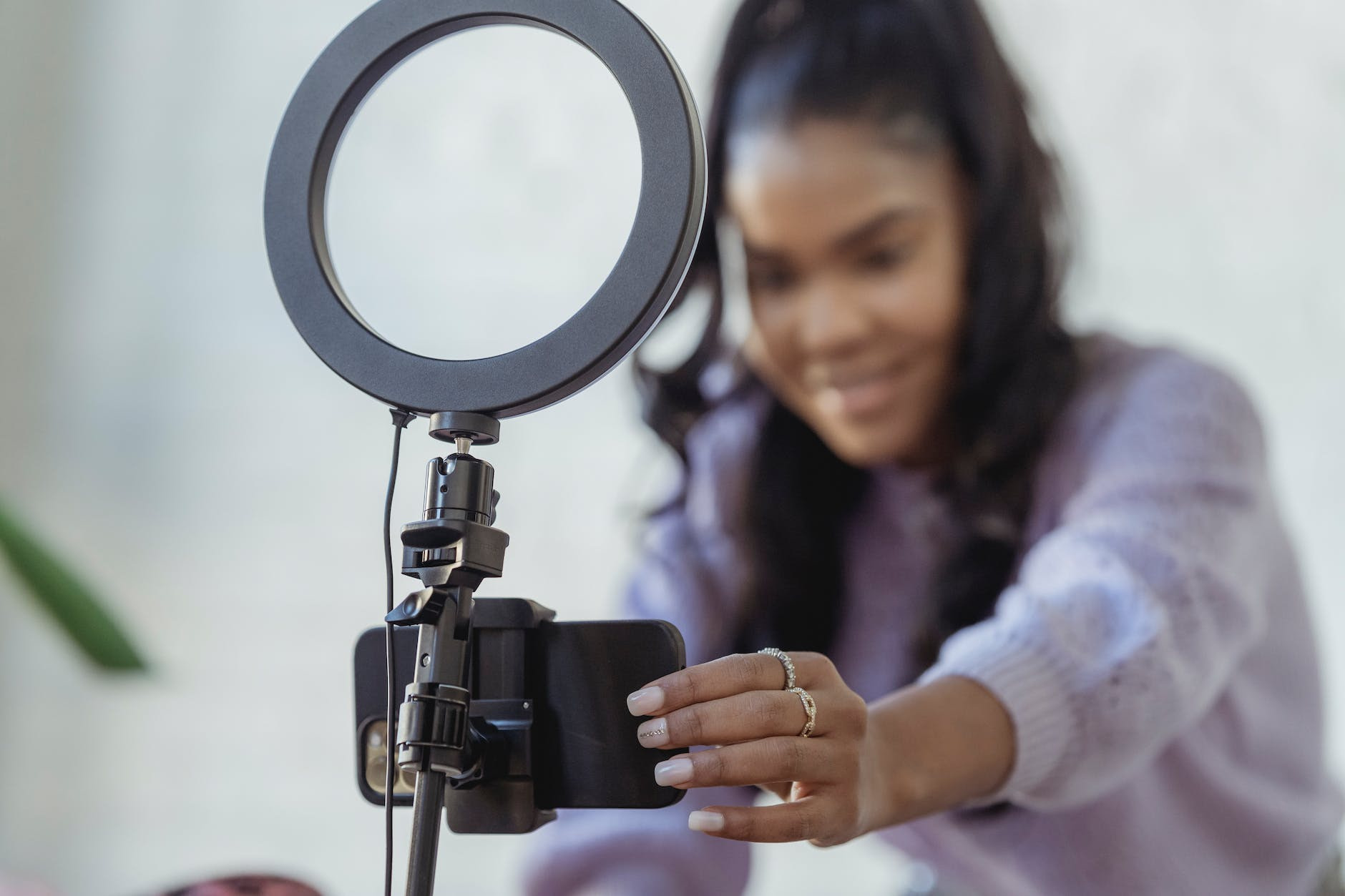Subscribe for free and receive in-depth guide to online business, WordPress and more. You can unsubscribe at any time.
Influencer marketing in Nigeria has taken center stage, while Nigeria’s social media scene is booming. From fashionistas flaunting the latest Ankara styles to foodies savoring mouthwatering jollof rice, influencers are shaping online conversations and consumer choices.
But is this trend a marketing goldmine or a fleeting fad? Let’s dive into the pros and cons of influencer marketing in the Nigeria landscape.
Influencer Marketing in Nigeria

Pros:
- Hyper-local reach: Nigerian influencers cater to diverse niches, from regional languages like Hausa and Yoruba to specific interests like tech or travel. This allows brands to target specific audiences with laser precision.
- Authentic engagement: Nigerians value trust and relatability. When an influencer they trust recommends a product, it carries weight. This organic engagement can translate to tangible sales and brand loyalty.
- Cost-effective compared to traditional media: Influencer marketing in Nigeria can be surprisingly budget-friendly compared to TV or radio ads. Partnering with micro-influencers (those with smaller followings but high engagement) can be a cost-effective way to reach a targeted audience.
- Boosts brand awareness: Influencers can quickly put your brand on the map, especially among younger demographics. Their creative content can go viral, reaching millions of potential customers in a flash.
Cons:
- Finding the right fit: Not all influencers are created equal. Choosing the wrong one can damage your brand image and lead to wasted resources. Thorough research and due diligence are crucial.
- Fake followers and engagement: Inflated follower counts and inauthentic engagement are unfortunately common. Brands need to be wary of inflated metrics and focus on genuine audience interaction.
- Short-term results: Influencer marketing in Nigeria might not be a magic bullet for long-term brand loyalty. The impact can be fleeting, requiring consistent engagement and content strategies to maintain momentum.
- Lack of transparency: Concerns exist around transparency in influencer marketing, particularly surrounding sponsored content disclosure. Openness and honesty are key to building trust with consumers.
The Influencer Marketing in Nigeria Hustle:
Influencer marketing in Nigeria is a dynamic space, brimming with both potential and pitfalls.
Brands need to approach it strategically, prioritizing authenticity, audience fit, and ethical practices. Remember, it’s not just about follower numbers; it’s about building genuine connections and trust with consumers.
So, before you jump on the influencer bandwagon, weigh the pros and cons carefully and craft a strategy that aligns with your brand values and resonates with your target audience.
Examples of Nigerian Influencers
When it comes to Nigerian influencers, there’s a diverse and vibrant scene across various niches! Here are some examples to get you started, but remember, this is just a tiny glimpse into the vast talent pool:
Fashion and Beauty:
- Denola Grey: Slay queen extraordinaire, known for her bold Ankara styles and fierce fashion sense.
- Sisi Yemmie: Makeup artist and beauty entrepreneur, whose tutorials and glamorous looks inspire millions.
- Tife Adebayo: Style icon and content creator, rocking both traditional and contemporary fashion with effortless grace.
Food and Travel:
- Szez: The Foodie: Food blogger and photographer, taking taste buds on adventures across Nigeria and beyond.
- Waje:: Renowned singer and travel enthusiast, showcasing hidden gems and cultural experiences through her captivating vlogs.
- Chef Lola Okusami: Celebrity chef and culinary storyteller, bringing the richness of Nigerian cuisine to the world.
Tech and Business:
- Jason Njoku: Founder of iROKOtv, a pioneer in African streaming, inspiring young entrepreneurs with his tech journey.
- Japhet Omojuwa: Tech blogger and social media influencer, sparking conversations about innovation and development in Nigeria.
- Toyosi Ogunleyin: Marketing and content creation guru, empowering businesses to thrive in the digital age.
Entertainment and Lifestyle:
- Mark Angel Comedy: Hilarious skit comedy group whose parodies and social commentary have cracked up millions.
- Chioma Okafor: Radio personality and lifestyle blogger, spreading good vibes and positivity through her infectious energy.
- The Oddity Couple: Fun-loving couple documenting their adventures and challenges, offering a relatable glimpse into Nigerian life.
This is just a small selection, and there are countless other talented influencers shaping the Nigerian online space. Remember, the best way to discover influencers is to explore different platforms and niches based on your interests!
Please note that these are just examples, and it’s always important to consider factors like brand fit, ethical practices, and audience engagement when choosing influencers to partner with.
Conclusion
Remember: Influencer marketing in Nigeria is just one tool in your marketing toolbox. Use it wisely, ethically, and in conjunction with other strategies to build a sustainable and successful brand in the ever-evolving Nigerian market.
Let’s discuss! Have you had any experiences with influencer marketing in Nigeria? Share your thoughts and insights in the comments below!

